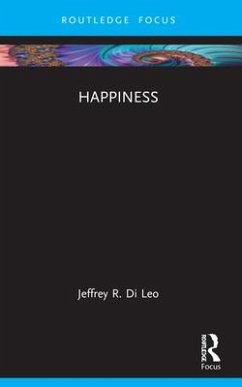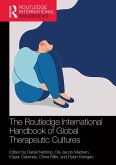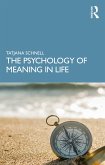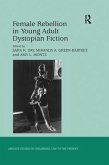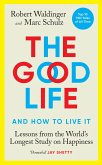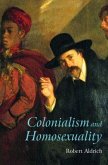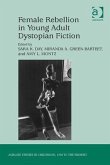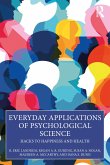This book introduces the reader to the ways in which happiness has been explored in philosophy and literature for thousands of years, in order to understand the newest theoretical approaches to happiness.
Jeffrey R. Di Leo draws on its long and rich history as a window into our present obsession with happiness. Each of the four chapters of this book provides a substantially different literary-theoretical account of how and why literature matters with respect to considerations of happiness. From the neoliberal happiness industry and the psychoanalytic rejection of happiness to aesthetic hedonism and revolutionary happiness, literature viewed from the perspective of happiness becomes a story about what is and is not the goal of life.
The multidisciplinary approach of this book will appeal to a variety of readers from literary studies, critical theory, philosophy and psychology and anyone with an interest in happiness and theories of emotion.
Jeffrey R. Di Leo draws on its long and rich history as a window into our present obsession with happiness. Each of the four chapters of this book provides a substantially different literary-theoretical account of how and why literature matters with respect to considerations of happiness. From the neoliberal happiness industry and the psychoanalytic rejection of happiness to aesthetic hedonism and revolutionary happiness, literature viewed from the perspective of happiness becomes a story about what is and is not the goal of life.
The multidisciplinary approach of this book will appeal to a variety of readers from literary studies, critical theory, philosophy and psychology and anyone with an interest in happiness and theories of emotion.

